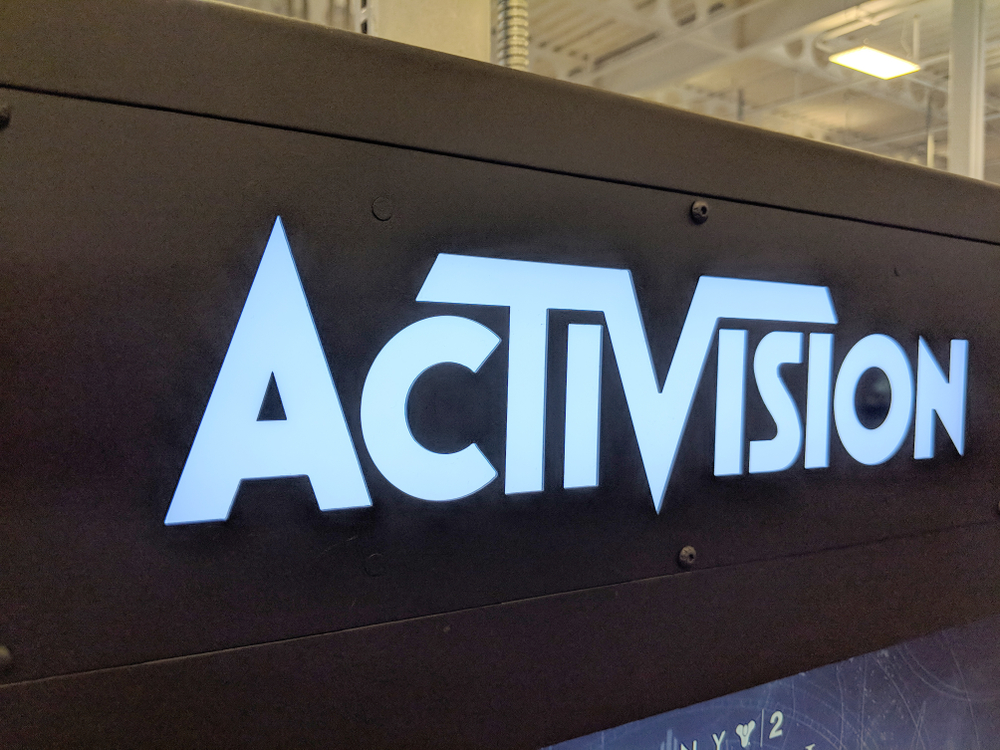Activision Blizzard King (ABK) embarked on strategic changes in 2019, seeking to augment revenue by reshaping its association with Google. These changes, collectively known as Project Boston, came to light amidst the Epic Games and Google trial, as reported by The Verge.
Dual Approach: Mobile Expansion Plans
Simultaneously, ABK formulated two plans in late 2019 to bolster income from the mobile gaming segment. The primary strategy revolved around the establishment of an Android game store. ABK aimed to launch this store independently or in collaboration with industry peers like Epic Games and Supercell, creators of Clash of Clans. Users would access games like Candy Crush, Call of Duty Mobile, and Diablo Immortal via the store’s client app.

The “Mobile Steam” Vision
Correspondence between ABK CFO Armin Zerza and Epic CEO Tim Sweeney likened the envisioned platform to a “mobile Steam.” This envisioned a centralized hub for purchasing mobile games via a unified payment system. The platform proposed a transaction commission significantly lower (10-12%) than industry behemoths like Google, Nintendo, Sony, Microsoft, or Steam, which charge a 30% commission. Plans extended to an eventual expansion onto Apple’s iOS after the Android launch.
Contingencies and Negotiations
However, ABK had an alternate contingency plan within Project Boston. This involved negotiations with Google for a deal exceeding $100 million, spanning mobile economics, YouTube, advertising, and cloud technologies. The company anticipated more lucrative gains compared to paying Google’s 30% commission, intending to finalize only one option as per the Project Boston document.
Unraveling the Potential Store Launch
Had ABK opted for the second option, the store would have emerged by 2019-2020. Initially low-profile, it would feature King games, primarily Candy Crush, in the USA, with minimal staff. Success would have led to a broader inclusion of Activision Blizzard and Battle.net resources, expanding features like multi-account support and push notifications by 2021.
Shifts in Plans and Allegations
However, ABK’s plans took a turn as Google struck a deal surpassing $100 million. Allegations from Epic Games suggested Google paid ABK to forgo launching its own app store under the umbrella Project Hug, preventing a potential exodus of leading game developers from Google Play.
Courtroom Controversies
The courtroom witnessed diverse opinions on ABK’s intentions regarding the app store. While Google perceived it as a legitimate threat, doubts lingered regarding ABK’s actual intentions, potentially leveraging the plan against Google, notes NIXSolutions. Amidst ABK’s acquisition by Microsoft, the conflict over the app store intensified.
